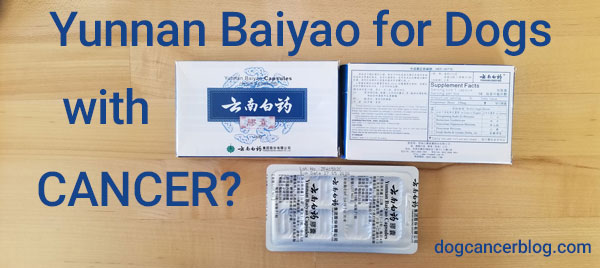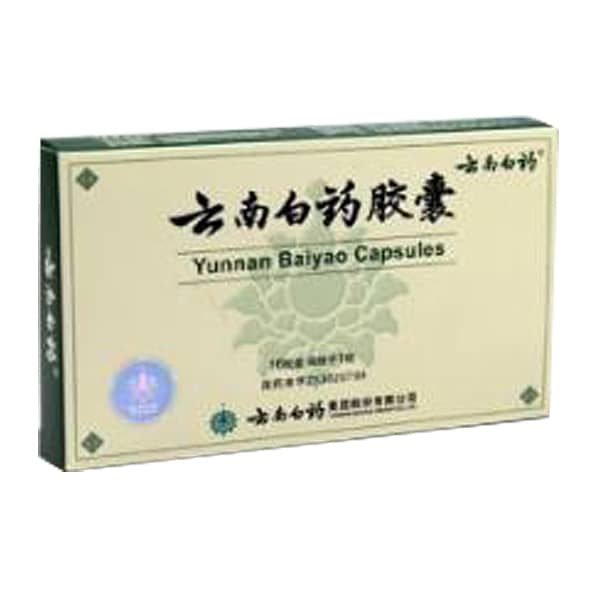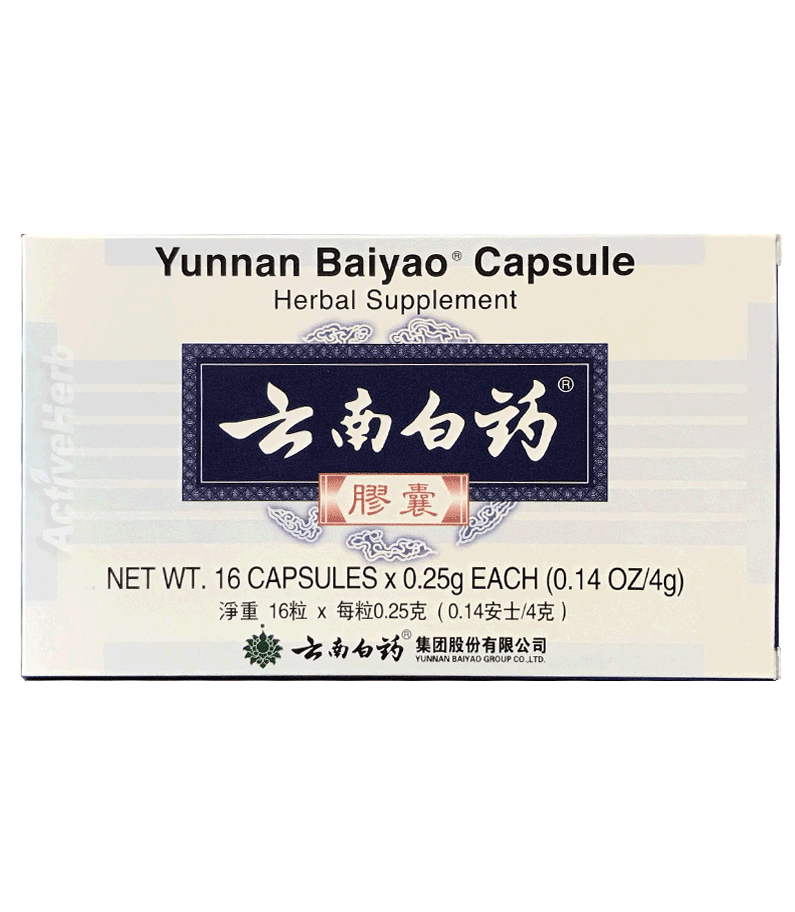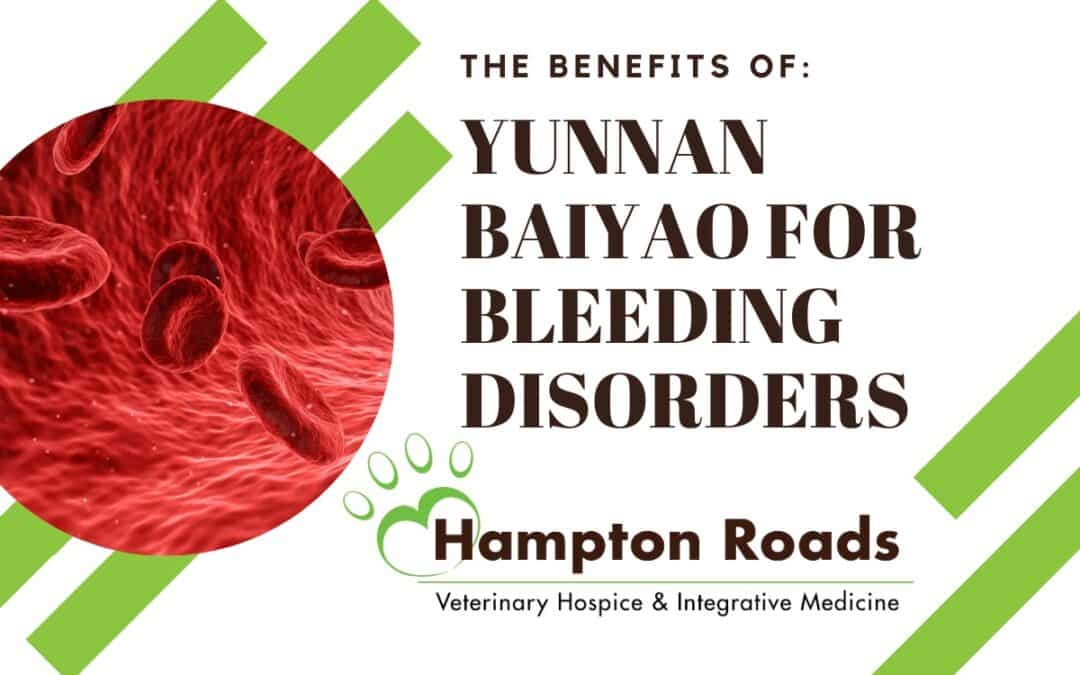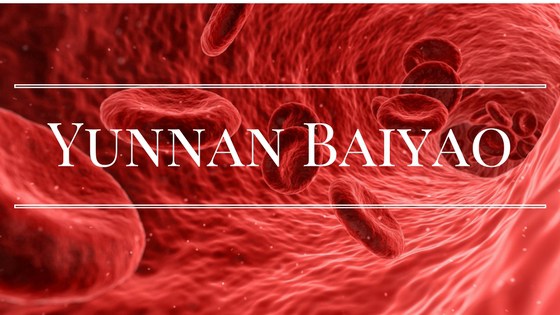Yunnan baiyao has been around for a long time ever since 1902 when it was created by a doctor named qu huan zhang in the province of yunnan.
Yunnan baiyao jiaonang side effects.
The most common side effect of yunnan baiyao is stomach upset e g.
White medicine from the province of yunnan in mandarin is a well known proprietary traditional chinese medicine product.
Well this tiny red pill is intended for severe emergency cases extreme blood loss that can predispose a person into shock which is fatal.
The effects of oral administration of yunnan baiyao on blood coagulation in beagle dogs as measured by kaolin activated thromboelastography and buccal mucosal bleeding times.
Yunnan baiyao should be used with caution in dogs with liver disease and is often used every other day or for a limited period of days.
It has not yet been shown to treat cancer.
To avoid liver problems yunnan baiyao can be administered on a 5 day on 5 day off schedule.
The most common side effect of yunnan baiyao is stomach upset e g.
Though serious side effects are not expected and liver problems are likely to be mild dogs with existing liver disease may experience more issues during over use of the given medicine.
There were no side effects attributed to the use of yunnan baiyao.
This will substantially reduce any liver issues.
Yunnan baiyao should be used with caution in dogs with liver disease and is often used every other day or for a limited period of days.
Can j vet res.
Vomiting and diarrhea yunnan baiyao should not be used in dogs with known hypersensitivity or allergy to the drug.
Yunnan baiyao is a traditional chinese medicine formula used for wound healing as a pain releiver and to stop bleeding.
After its invention it became obvious that the treatment was one of the best if not the best overall formula in order to prevent traumatic bleeding as well as stop infections from happening.
Serious side effects are not expected and liver problems are likely to be mild though dogs with existing liver disease might experience more issues during over use of the medicine.
